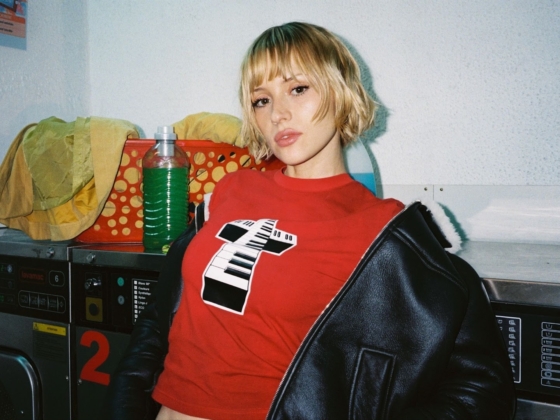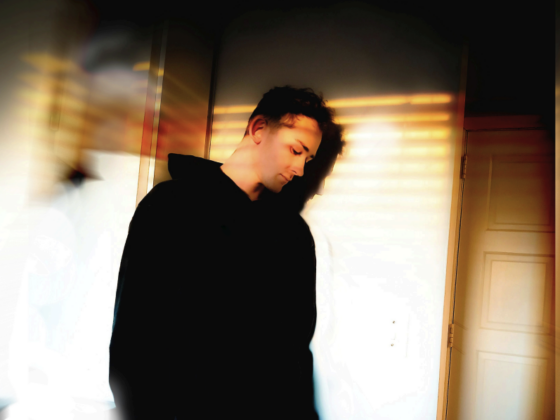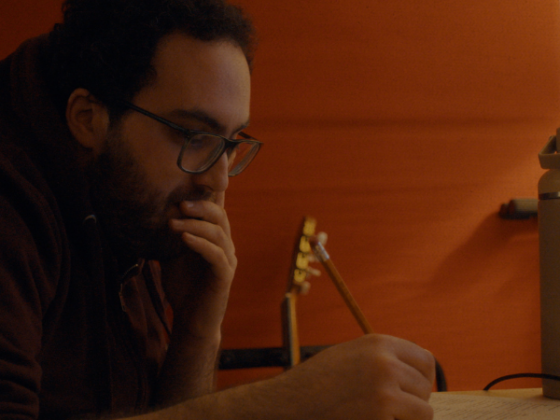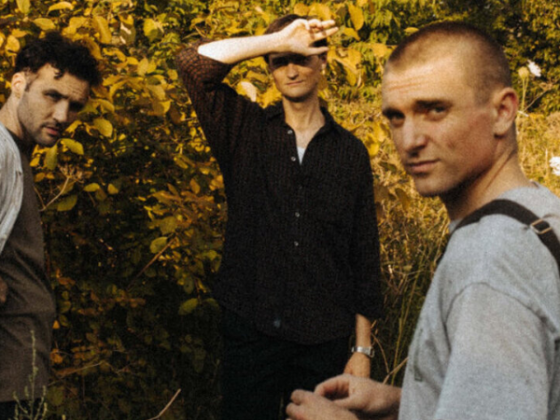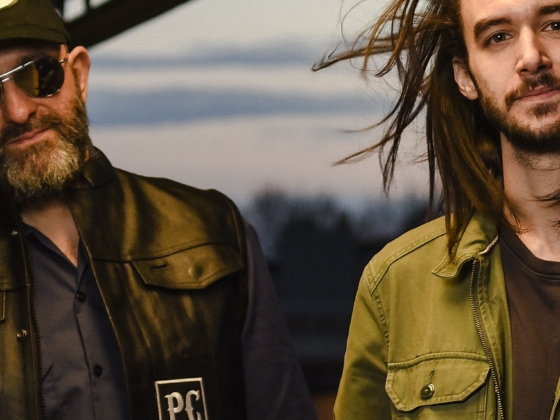Bandcamp, the online platform to buy and stream music, was founded in September 2008. Twelve years later, it’s left a massive impact — particularly in the dance scene — in the way people engage with digital music. Innovative ideas in the midst of a recent global pandemic have raised new questions surrounding the ethics of streaming services and other portals amongst our communities. Slowly but surely, Bandcamp is beginning to soar above its more corporate competitors, as they ethically apply more emphasis on the artist's stream of revenue rather than their own; in this situation, everyone’s a winner.
On an average day, Bandcamp takes a 15% cut from each sale; compare this to giants like Beatport, who often take a 50% cut. This difference might mean that your favourite artist has enough money to pay their rent and put food on the table. During times like these, that's a saving grace upon our fragile music economy. But Bandcamp is also a streaming platform that allows for a limited number of streams available for unpaid listeners and then unlimited streaming post-purchase of the music. Being able to listen to full releases, without being able to continue forever, is how Bandcamp gently encourages people to buy the music they love directly.
Bandcamp had led the way for it's more competitive streaming platforms by going above and beyond when the COVID-19 pandemic hit. In what has become almost a new bank holiday for producers and enthusiasts, they introduced “Bandcamp Day” on March 20th. “Bandcamp Day” saw them waiver all fees — meaning 100% of every sale went to the artists. At a time when many artists almost instantaneously lost all of their forthcoming income, gestures like this are invaluable.
On a normal Friday, Bandcamp can average around 47,000 sales. On Friday, March 20th, Bandcamp made almost 800,000 sales, or $4.3 million. They then announced that from May through July, “Bandcamp Day” would happen on the first Friday of each month. On Friday, May 1st, Bandcamp made approximately 1.25 million sales, meaning that $7.1 million was distributed amongst artists on one Friday alone; if that can’t convince you that buying music through Bandcamp is currently the most effective way to support artists, I’m not sure what will.
The rise of Bandcamp has further raised various questions about the ethics of streaming platforms such as Spotify and Soundcloud, with many DJs and producers voicing their concerns and opinions. When a fan asked Clouds if they had plans to put Arkiv1 «Dark Leviathan» on Spotify, their response was simple — “absolutely not a chance.” David Rudnick, who supplied the album artwork, replied that “it would have taken 2812 individual streams for Clouds to have earned the revenue this single conversation and the resulting 7 euro album purchase generated. Delete Spotify. Buy music.” In a time where artists have lost all tour revenue and rely on music sales to get by, the sentiment rings truer now than ever.
it would have taken 2812 individual track streams for Clouds to have earned the revenue this single conversation and the resulting 7 euro album purchase generated. Delete spotify. Buy music. pic.twitter.com/GDTLBF6TMh
— ཊལབསརངཧ (@David_Rudnick) April 26, 2020
Clouds have released a multitude of tracks throughout the lockdown, and on Monday night announced that all proceeds from the Clouds Bandcamp for 48 hours will be split evenly amongst: Black Lives Matter, NCAAP Legal Defence Fund, Black Visions and Reclaim The Block — alongside a further contribution of £500 from themselves. Kush Jones tweeted that, on top of the donations he has already made, “For Bandcamp day I am going to try and match @residentadvisor” in response to their donation of $500. Posthuman declared that “All sales from my Bandcamp will now go directly to the Minnesota Freedom Fund until further notice. Acid House is music with its roots in black culture. I don’t have much I can give back, but I can at least do this.”
All sales from my Bandcamp will now go directly to the Minnesota Freedom Fund until further notice.
Acid House is music with it's roots in black culture. I don't have much I can give back, but I can at least do this. #BlackLivesMatter https://t.co/MgW1Mq6lHf pic.twitter.com/j3m1nzKHEj
— Posthuman (@posthuman) May 31, 2020
Active since 2001, DJ, producer, and label head Plastician noted that 10 million streams would generate “£27,274 at the current rate before any labels/distributors/managers take their splits.” He then went on to clarify “I ain’t made close to ten million streams even across my entire discography in its existence." Despite these numbers, he did go on to say that “Even with the revenue as low as it is it’s still the second highest earner for me personally. Bandcamp is first," largely due to Spotify having the largest listener base.
In light of recent events, the low percentage of profit Bandcamp deducts from each sale as well as the forthcoming “Bandcamp Day” is enabling producers to donate to their chosen causes. Following the horrific murder of George Floyd and the subsequent protests and riots across the US, there are more organizations that could use added donations. Given that so many vital genres of music, from jungle to techno to hip-hop, jazz and beyond were — and continue to be — created by black people, Bandcamp allows artists and fans to further support these causes through the sale of their music.
A variety of major labels, including International Chrome, The Trilogy Tapes, Whities and Vanity Press amongst others have announced that all their proceeds from the forthcoming "Bandcamp Day" will be split amongst a variety of Black Lives Matter initiatives. Bandcamp have also declared that this coming June 19th, and every June 19th hereafter, they will donate 100% of their share of sales to the NAACP Legal Defence Fund.
Two releases and three vinyl pre-orders will be available Friday – 100% of our proceeds this bandcamp day will go to bail relief + pro black organizations#bandcampday4blm
As a company that trades in black music we feel it would be tone deaf & irresponsible to do otherwise
????— Vanity Press (@vanitypressrecs) June 2, 2020
Although Bandcamp is not without its flaws (for example the potentially negative impact on physical record stores), it's doing a damn good job at getting people excited about buying music again. The next "Bandcamp Day" falls on June 5th, then July 3rd, so while not everyone is in a position to buy all the music they want to listen to rather than stream it, if you are in a position to, let this push you in the right direction. Bandcamp are the one platform doing almost everything right, and in a way that allows others to benefit as much as possible. Even a gesture as small as buying one release from your favourite artist each payday is a step towards consuming music more ethically.



